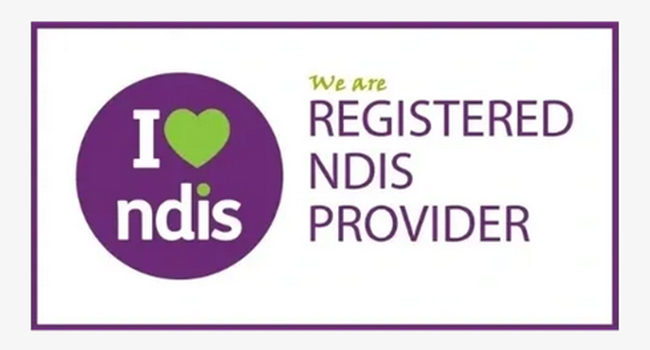Life Stages & Transition !
Our Services
NDIS Life Stages & Transition Assistance :

Life Stages and Transition Assistance under the National Disability Insurance Scheme (NDIS) involve a range of supports and services designed to assist individuals with disabilities as they navigate different stages of life and undergo significant transitions. These transitions can occur at various points, such as from childhood to adulthood, from school to the workforce, or during major life changes like moving to independent living. NDIS support providers play a vital role in offering guidance, coordination, and practical assistance to ensure that individuals with disabilities can successfully navigate these transitions. Here’s how NDIS support providers assist with Life Stages and Transition Assistance:
1. Needs Assessment:
Providers conduct thorough assessments to understand the individual’s abilities, preferences, and specific needs at each life stage or transition point.
NDIS support providers work with participants and their families to identify the areas where assistance is required, whether it’s related to education, employment, independent living, or other life stages.
2. Individualized Planning:
Collaborative development of individualized plans that address the unique goals and aspirations of the participant.
Providers work closely with individuals to create tailored plans that outline the necessary supports and services to achieve desired outcomes during specific life stages or transitions.
3. Coordination of Services:
Coordinating various services, resources, and professionals involved in supporting the individual’s transition.
NDIS support providers act as coordinators, ensuring seamless collaboration between education providers, health services, vocational training programs, and other relevant stakeholders to facilitate a smooth transition.
4. Educational Support:
Support for individuals transitioning through educational stages, from early childhood to post-school options.
Providers assist with accessing educational services, obtaining necessary accommodations, and developing strategies to enhance learning experiences and outcomes.
5. Vocational Training and Employment Assistance:
Support for individuals transitioning into the workforce or seeking vocational training opportunities.
NDIS support providers offer vocational training, job coaching, resume building, job searching assistance, and support in the workplace to enhance employment prospects.
6. Independent Living Skills Training:
Assisting individuals in developing the skills necessary for independent living.
Providers offer training in daily living activities, budgeting, cooking, and other essential skills to promote autonomy and confidence in independent living situations.
7. Social and Community Engagement:
Encouraging social inclusion and community participation.
Providers facilitate access to social groups, community activities, and recreational opportunities, fostering connections and a sense of belonging.
8. Health and Well-Being Support:
Support for managing health-related transitions and maintaining overall well-being.
Providers coordinate healthcare services, adapt support plans to changing health needs, and offer assistance with mobility, daily living, and maintaining a healthy lifestyle.
9. Crisis Management and Emergency Support:
Preparing for and managing crises or emergency situations.
Providers help develop crisis management plans, offer immediate support during emergencies, and coordinate alternative living arrangements or care settings if needed.
10. End-of-Life Planning and Palliative Care:
Supporting individuals and their families in end-of-life transitions.
NDIS support providers offer palliative care support, coordinate medical and emotional care, and assist with end-of-life planning to ensure the individual’s preferences are respected.
11. Review and Adaptation:
Continual review and adaptation of support plans as individuals progress through different life stages.
Providers regularly review and adjust support plans based on the changing needs, goals, and circumstances of the individual, ensuring ongoing relevance and effectiveness.
In summary, NDIS support providers play a pivotal role in helping individuals with disabilities navigate life stages and transitions by providing personalized, coordinated, and goal-oriented support. The assistance is tailored to address the unique challenges and opportunities associated with each stage of life, fostering independence, inclusion, and overall well-being.
